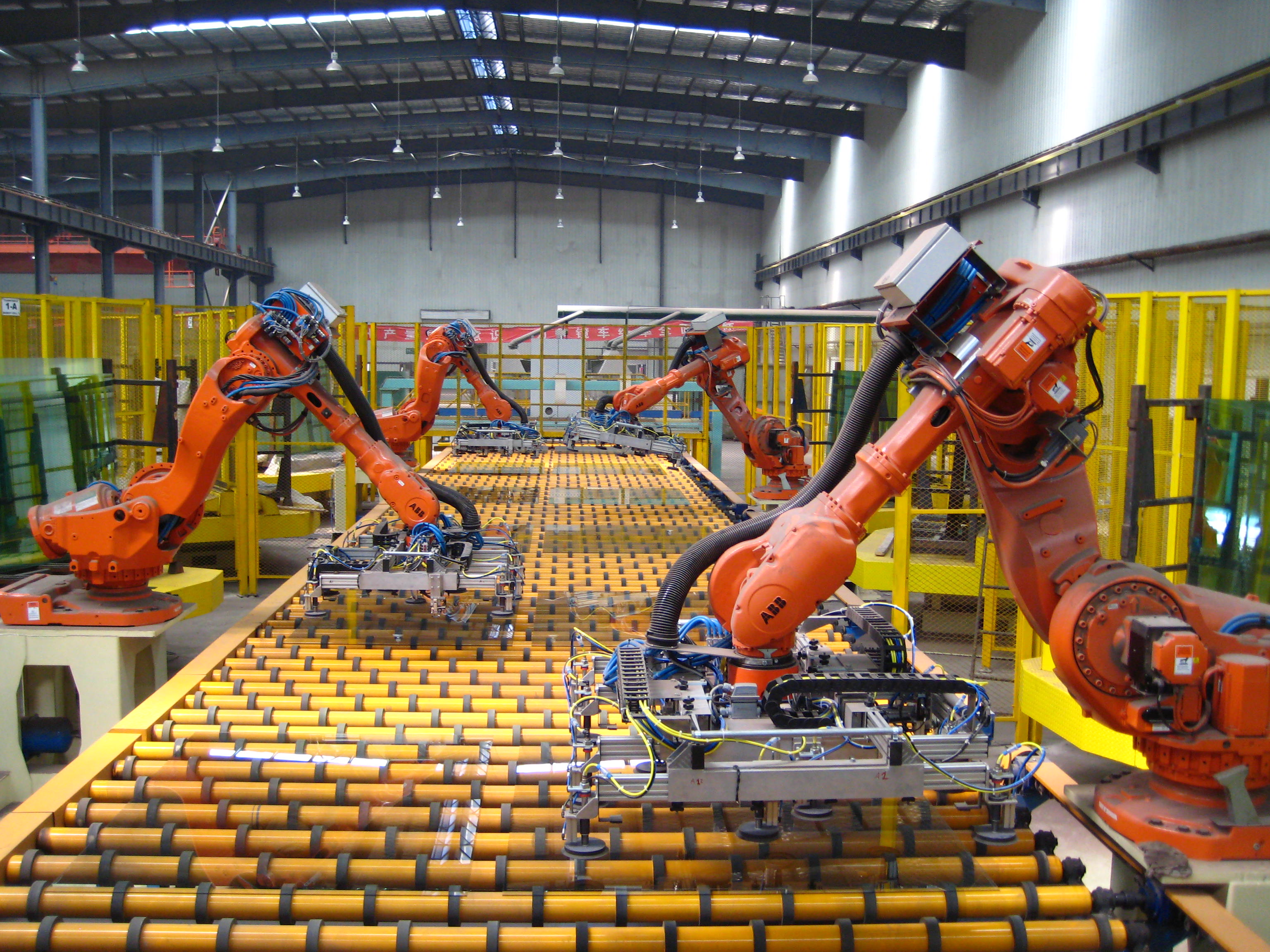No, Robots Aren’t Going to Save Us From Racism

Credit to Author: Anya Zoledziowski| Date: Wed, 08 Jan 2020 15:04:28 +0000
Robots may be coming for our jobs, but they may also reduce prejudice among humans.
At least that’s what a recent study out of the University of North Carolina Chapel Hill and Canada’s University of Alberta suggests. In reality, as any person of colour can tell you, fighting racism isn’t that simple.
As machines replace humans at work, the study’s researchers say, people might unite against the common droid-y enemy—instead of turning on each other like they usually do.
“[T]o the extent that the salience of robot workers increases people’s panhumanism, it may decrease prejudice and discrimination against human out-groups,” they write in an academic paper for American Psychologist.
Basically, the researchers suggest, the introduction of a new robot class might inspire humans to fixate less on their inter-species differences.
“When you’re thinking about robots as this completely different out-group, it makes the differences among humans less important,” one of the study’s researchers, Noah Castelo, told VICE.
“There’s this common threat that all humans seem to be facing,” Castelo said.
It’s all very I, Robot. But here’s the catch.
The study rests on the assumption that humans naturally segregate—often via racial or religious lines—without challenging how “in” and “out” groups are created.
“People learn to be whatever their society and culture teaches them,” Jennifer Richeson, a Yale social psychologist, told the Washington Post about racism, and most of us have been developing our implicit biases from infancy.
Combating racism and other harmful prejudices requires people to actively unlearn implicit biases, a process significantly more complicated than simply creating a common enemy that’ll unite the masses.
“Racism is much more complex,” Enakshi Dua, a York University sociology professor who specializes in race, told VICE.
“Racism is very much about the implicit biases that people have,” Dua said. “So the study doesn’t really allow us to address how people would work through that.”
Dua said she also finds the study’s methodology a little concerning.
Castelo and his colleagues divided their research into six experiments, most of which were conducted online. In one, participants were asked to read customized newspaper articles about robots taking human jobs and others that framed automation as mostly myth. Respondents were then asked a series of questions and their answers were measured and later compared for prejudice.
Their findings showed people were less likely to express prejudice after reading news stories about imminent automation and related job losses.
Because many of the surveys were online, Dua said she’s concerned only people with access to technology had opportunities to participate. This risks skewing research findings if researchers are unable to access diverse, representative samples.
Castelo and his colleagues made sure the participants reflected various political affiliations and incomes, according to the study’s methodology.
Ultimately, Dua said, racial divides cut deep, and simple solutions for eradicating racism rarely account for complexity.
The study acknowledges its own limits by outlining how tech revolutions have historically increased cleavages between humans: The researchers point to industrialization in the 19th century and the recent outsourcing of low-income jobs from the U.S. to China and India as catalysts for class- and race-based prejudice.
The researchers also point to their own analysis of nearly 40 nations that shows countries with higher levels of automation tend to have greater unemployment—and unemployment is correlated with prejudice.
“Politicians often blame [unemployment] on other human groups, and you can see that with Trump today when he blames unemployment on Mexicans, for example, or foreigners and immigrants,” Castelo said.
We’ve also seen how robots themselves can be racist because human beings are the ones building the machines, often programming them with the same implicit biases we all struggle with.
The new finding suggests maybe, just maybe, tech will manage to be less racist for once.
“It kind of seems like a paradox,” Castelo said. “[Robots] certainly aren’t going to get rid of racism altogether.”
For robots to eradicate prejudice, Castelo said, people need to be aware it’s actually humanoids that are replacing humans in the workforce.
But to suggest robots represent the North Star guiding us to an anti-racist society is a stretch.
“Automation could mediate prejudice,” Dua said. “But it’s unclear that automation is going to erode those kinds of forces that lead to racism and the commitments people have to racism.”
Follow Anya Zoledziowski on Twitter.